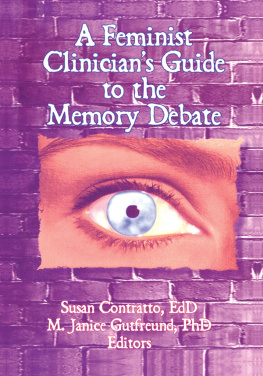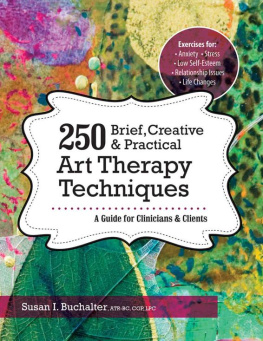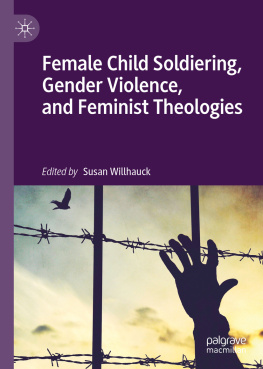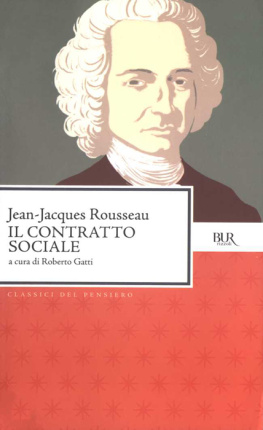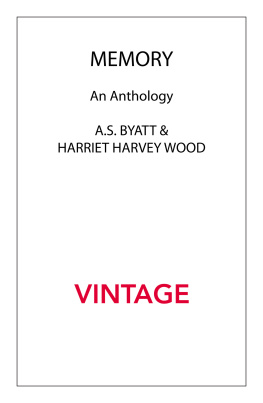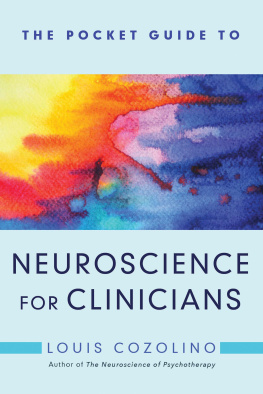A Feminist Clinician's Guide to the Memory Debate
A Feminist
Clinician's Guide
to the Memory Debate
Susan Contratto, EdD
M. Janice Gutfreund, PhD
Editors
A Feminist Clinician's Guide to the Memory Debate, edited by Susan Contratto and M. Janice Gutfreund, was simultaneously issued by The Haworth Press, Inc., under the same title, as a special issue of Women & Therapy, Volume 19, Number 1 1996, Marcia Hili and Esther D. Rothblum, Editors.
Published by
Harrington Park Press, 10 Alice Street, Binghamton, NY 13904-1580 USA
Harrington Park Press is an imprint of The Haworth Press, Inc., 10 Alice Street, Binghamton, NY 13904-1580 USA.
A Feminist Clinician's Guide to the Memory Debate has also been published as Women & Therapy, Volume 19, Number 1 1996.
1996 by The Haworth Press, Inc. All rights reserved. No part of this work may be reproduced or utilized in any form or by any means, electronic or mechanical, including photocopying, microfilm and recording, or by any information storage and retrieval system, without permission in writing from the publisher.
The development, preparation, and publication of this work has been undertaken with great care. However, the publisher, employees, editors, and agents of The Haworth Press and all imprints of The Haworth Press, Inc., including The Haworth Medical Press and Pharmaceutical Products Press, are not responsible for any errors contained herein or for consequences that may ensue from use of materials or information contained in this work. Opinions expressed by the author(s) are not necessarily those of The Haworth Press, Inc.
The Haworth Press, Inc., 10 Alice Street, Binghamton, NY 13904-1580 USA
This edition by Routledge:
Routledge
Taylor and Francis Group
270 Madison Avenue
NewYork, NY 10016 | Routledge
Taylor and Francis Group
2 Park Square, Milton Park
Abingdon, Oxon OX14 4RN |
Library of Congress Cataloging-in-Publication Data
A Feminist clinician's guide to the memory debate/Susan Contratto, M. Janice Gutfreund, editors,
p. cm.
Issued by Haworth Press as a special issue of Women & therapy, vol. 19, no. 1, 1996 edited by Marcia Hill and Esther D. Rothblum.
Includes bibliographical references.
ISBN 1-56024-822-X. ISBN 1-56023-085-1
1. Adult child sexual abuse victimsRehabilitation. 2. Recovered memory. 3. Feminist therapy. 4. False memory syndrome. I. Contratto, Susan. II. Gutfreund, M. Janice.
RC569.5.A28F45 1996
| 616.85'82239-dc20 | 96-38179 |
| CIP |
CONTENTS
Susan Contratto
M. Janice Gutfreund
Politics of Memory, Politics of Incest:
Doing Therapy and Politics That Really Matter
Laura S. Brown
Sherry A. Quirk
Anne P. DePrince
Wendy E. Hovdestad
Connie M. Kristiansen
Connie M. Kristiansen
Kathleen A. Felton
Wendy E. Hovdestad
Kimberlyn Leary
The Feminist Therapy Institute Code of Ethics:
Implications for Working with Survivors
of Child Sexual Abuse
Carolyn Zerbe Enns
Legal and Psychological Approaches Towards
Adult Survivors of Childhood Incest:
Irreconcilable Differences?
Joyce Sese Dorado
Shirley Feldman-Summers
Scientific Research, Recovered Memory, and Context:
Seven Surprising Findings
Kenneth S. Pope
ABOUT THE EDITORS
Susan Contratto, EdD, is currently Co-Director of the Interdisciplinary Program in Feminist Practice at the University of Michigan and Chair of the Feminist Therapy Institute. She has written extensively on developmental and therapeutic issues and is co-author of the chapter Violence Against Women in A Case Book of Feminist Ethics (E. Rave and C. Larsen, Eds., 1995, Guilford Press).
M. Janice Gutfreund, PhD, is Staff Psychologist at Henry Ford Wyandotte Hospital, Wyandotte, Michigan. She has a private practice in Ann Arbor and maintains a research affiliation with the University of Michigan.
Susan Contratto
M. Janice Gutfreund
In addition to pulling together what we think is some of the best writing on this timely issue, our goals as we engaged together in this project were the following: (1) to collect a series of papers which are explicitly feminist to empower the feminist practitioner/activist/scholar/advocate to do the most competent work she can; (2) to help feminist-friendly clinicians become alert as to how a feminist analysis can expand and contextualize their understanding of the recovered memory controversy; (3) to make proactive statements of what constitutes ethical and healing treatment for practitioners who are fully aware of the profoundly deforming experience of child sexual abuse; (4) to place the debate in its political, historical and epistemological context; and, (5) to empower the clinician to be effectively political outside the therapy setting. In sum, we envisioned a collection of papers which we as feminist clinicians working outside of feminist support networks would learn from, would need and would refer to again and again.
Laura Brown's article, which leads off this collection, makes explicit the connection between the current debate of the validity of recovered memory and feminist practice. She shows how the Feminist Therapy Code of Ethics can empower the therapist to navigate critical issues in work with survivors. Brown concludes by enjoining feminist therapists to actively embrace overtly political solutions to the sexual abuse of children.
Sherry Quirk and Anne DePrince are political activists who describe in detail the kind of legislative gains and legal issues that have emerged in the efforts to open the courts to survivors and to protect children. They provide specific ways that therapists can get politically involved at the state, local and national levels.
Wendy Hovdestad and Connie Kristiansen describe those empirical studies which are leading researchers to hypothesize different neurobiological mechanisms for coping with trauma. They chronicle the increasingly convincing evidence that memory for traumatic events has a different neurobiological substrate and can account for both traumatic amnesia and the fragmented presentation clinicians see in psychotherapy. Kristiansen et al. further specify the belief systems which lead people to take stands on the veracity of recovered memory when not only is the current evidence inconclusive but there is increasing evidence that the neurophysiology of trauma memory processing differs fundamentally from that involving nontraumatic events.
Kimberlyn Leary takes on the fundamental question of how we think we know what we know. She argues that while postmodern concepts illuminate the richness of human experience and have led to advances in feminist and clinical discourse, they are incomplete. She shows how postmodern concepts have been appropriated to discredit trauma survivors and the clinicians who work with them.
Carolyn Enns returns to the issues of feminist ethics raised by Brown. She describes in detail how the feminist therapist, relying on the proactive ethical categories of the Feminist Therapy Institute Code of Ethics, can both answer the concerns of the critics of bad therapy and equip themselves intellectually to work competently with those survivors who may need to work on recovering memories.
Next page
